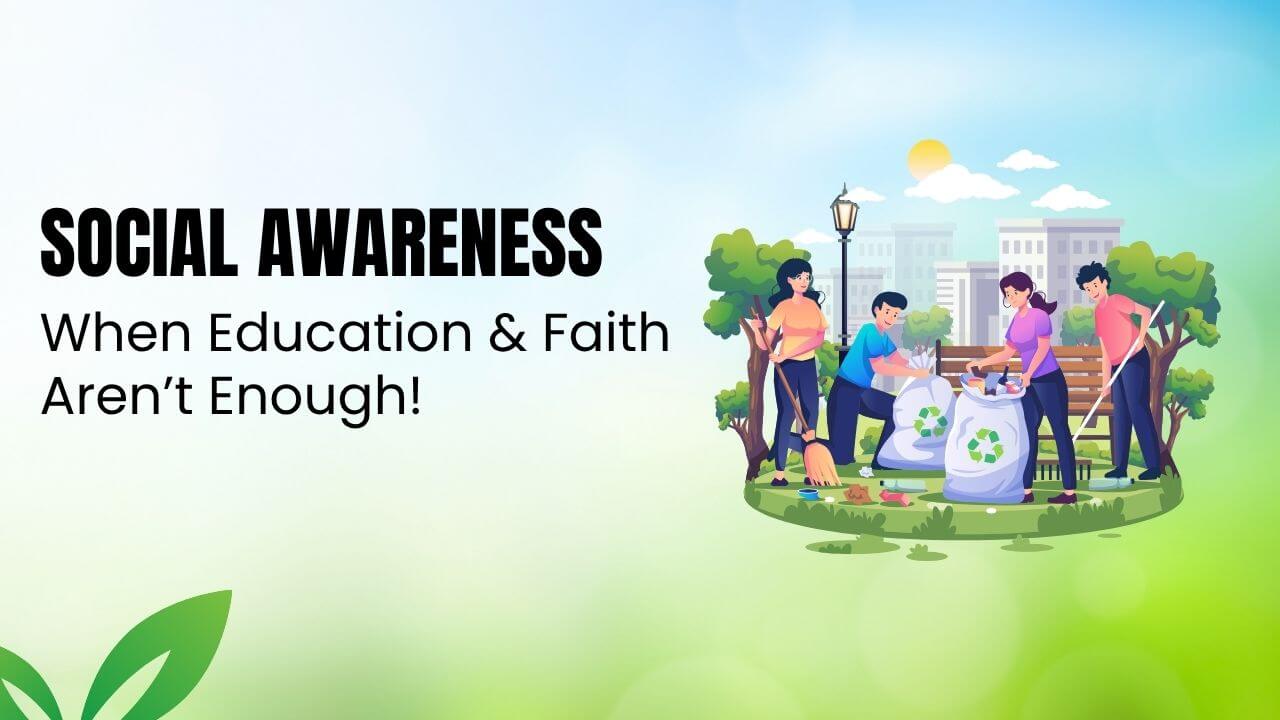In our everyday Filipino communities, common scenes include dogs barking relentlessly in the night, pets leaving their mess on public sidewalks, garbage burning on the streets, and an ever-present background of noise pollution. We often assume that having a solid education or being deeply rooted in faith will instill a naturally caring attitude toward others. Yet, these familiar disruptions suggest that knowing the right things or following religious teachings does not always translate into acting as a good neighbor.
Do Our Neighbors Truly Care About Others?
On July 19, 2023, our post Come on Dog, Be Smarter Than Your Owner! painted a vivid picture of dog owners who, though loving their “aso” (or asong) dearly, sometimes overlook the impacts of incessant barking and messy surroundings. These behaviors resonate not only in the realm of pets but also in other daily life nuisances—from the pervasive burn of garbage to motorists’ honking—all of which contribute to a degrading quality of urban life. The harsh truth is that, whether we are educated professionals or regular churchgoers, displaying genuine social awareness requires more than theoretical knowledge or a grade on a report card.
Does Education Teach Us How to Make the World a Better Place?
Could our education system itself be partly to blame? A critical look at our learning institutions reveals a sharp focus on grades and tests instead of nurturing the skills and values that create a caring society. Instead of teaching students to be proactive community members or to consider how their actions affect the world around them, our schools often emphasize competition, high marks, and academic rankings. When success is measured solely by numbers on a report card, the lessons of empathy, responsibility, and neighborly care are often left by the wayside.
By not instilling in our youth a vision for a better community, we risk creating adults who may excel in exams but fall short on the basics of civic duty. This skewed focus is reflected in everyday life, manifesting in situations such as noisy neighborhoods, unchecked pet behavior, and environmental neglect. The question then arises: If our children are taught to chase grades more fervently than genuine improvements in society, how can we expect them to become caring, respectful citizens?
Can Book Smarts or Religious Teachings Alone Inspire Community Care?
Why do academic accolades and regular church attendance sometimes fail to translate into responsible conduct at home? We often see well-educated and devout individuals who, despite their credentials, show little interest in resolving the very challenges affecting our communities. The contrast is stark: while some neighbors are quick to point out the flaws in irresponsible pet ownership or noisy living conditions, others seem to dismiss these concerns as trivial. The problem isn’t that the lessons of education or faith are inherently flawed—it’s that they rarely emphasize the art of being a considerate neighbor. Instead, our education system rewards individual achievement, leaving broader community responsibilities underexplored.
What Does Genuine Social Awareness Entail?
Is social awareness merely about understanding a problem, or must it lead to action? True social awareness demands that we step beyond passive acceptance. It is not enough to know that incessant barking or the unsightly burn of garbage is detrimental; we must also act. This means engaging in candid conversations with neighbors, reporting disturbances, or simply taking a stand for better communal living standards. Being aware of our surroundings should go hand in hand with being proactive about creating a cleaner, quieter, and more respectful neighborhood.
Imagine a community where:
- Dog owners actively train their pets to minimize noise and keep public areas clean.
- Schools emphasize social responsibility over rote learning and grades.
- Religious teachings include the importance of civic care, reminding followers to act with kindness beyond the church walls.
- Neighbors come together to gently hold each other accountable for creating pleasant living conditions.
How Can We Reclaim Our Communities?
What practical steps can we take to overcome these challenges?
- Raise Awareness: Beyond advocating for responsible pet ownership, let’s educate everyone about the importance of respecting shared spaces. Public awareness campaigns can highlight that incessant noise and environmental degradation are unacceptable.
- Hold Each Other Accountable: Beyond the call for better grades, our children and communities must learn that accountability starts at home. Neighbors should feel confident enough to address disturbances, thereby fostering a culture of mutual respect.
- Support Community Initiatives: Just as our earlier post encouraged smarter pet ownership, we need to back organizations that promote environmental mindfulness and civic responsibility.
- Be Proactive: Whether it’s politely asking a neighbor to keep the noise down or reporting hazardous practices like burning garbage, each responsible action makes a difference.
Conclusion
Education and religion offer valuable lessons, but they do not automatically make someone a good neighbor. When our education system fixates on grades rather than on the essential building blocks of community, it leaves a void in social awareness—a void that contributes to everyday inconveniences and public health hazards alike. To transform our neighborhoods, we must shift our values from individual achievement to collective responsibility. Let’s turn our frustrations into meaningful actions and reclaim our public spaces for the benefit of all Filipinos.
If you’re expecting aiwhylive.com to be the sole catalyst for change, think again. We’re just one voice among many. Educational reform—with or without AI—is vital, yet it is ultimately futile if we aren’t willing to commit ourselves to truly make the world a better place. Real progress demands that each of us light a spark of transformation from within, ensuring our communities are anchored in respect, empathy, and genuine care for our shared environment.
Sources
- Come on Dog, Be Smarter Than Your Owner! – aiwhylive.com
- Harvard Business Publishing Education – Why Focusing on Grades Is a Barrier to Learning
- AECC Global – Education System in the Philippines vs. the Rest of the World
- AACSB – The Grade Debate: Is There a Better Path Forward?






